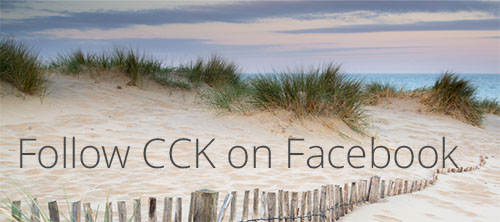What’s the greatest lesson a woman should learn? That since day one. she’s already had everything she needs within herself. It’s the world that convinced her she did not.” – Rupi Kaur
On March 8th each year we celebrate International Women’s Day. I’m a mum of three kids – two boys and a girl. You could be forgiven for thinking that this day is most special for me and my daughter. Whilst it is true that I make sure I celebrate Pip’s awesomeness, it’s probably more important to me that I use the opportunity to talk about female empowerment with my sons.
In a world where storytelling permeates every aspect of our lives, from the media we consume to the conversations we have, it’s crucial to recognize the
profound impact that narratives have on shaping our perceptions and beliefs.
This is particularly true when it comes to issues of female empowerment and gender equality. The stories we tell ourselves and others about women play a significant role in shaping societal attitudes and norms.
Historically, women’s narratives have often been limited to narrow stereotypes and roles dictated by patriarchal structures. However, the feminist movement has long recognized the power of storytelling as a tool for empowerment and social change.
Feminist narratives challenge conventional gender roles and offer alternative perspectives that celebrate the diversity, strength, and resilience of women.

As we celebrate International Women’s Day and continue to champion the rights and empowerment of women, let us be mindful of the power of storytelling in driving social change. By sharing our stories and listening to the voices of women around us, we can collectively work towards a more inclusive, equitable, and empowering future for all.
With love,

